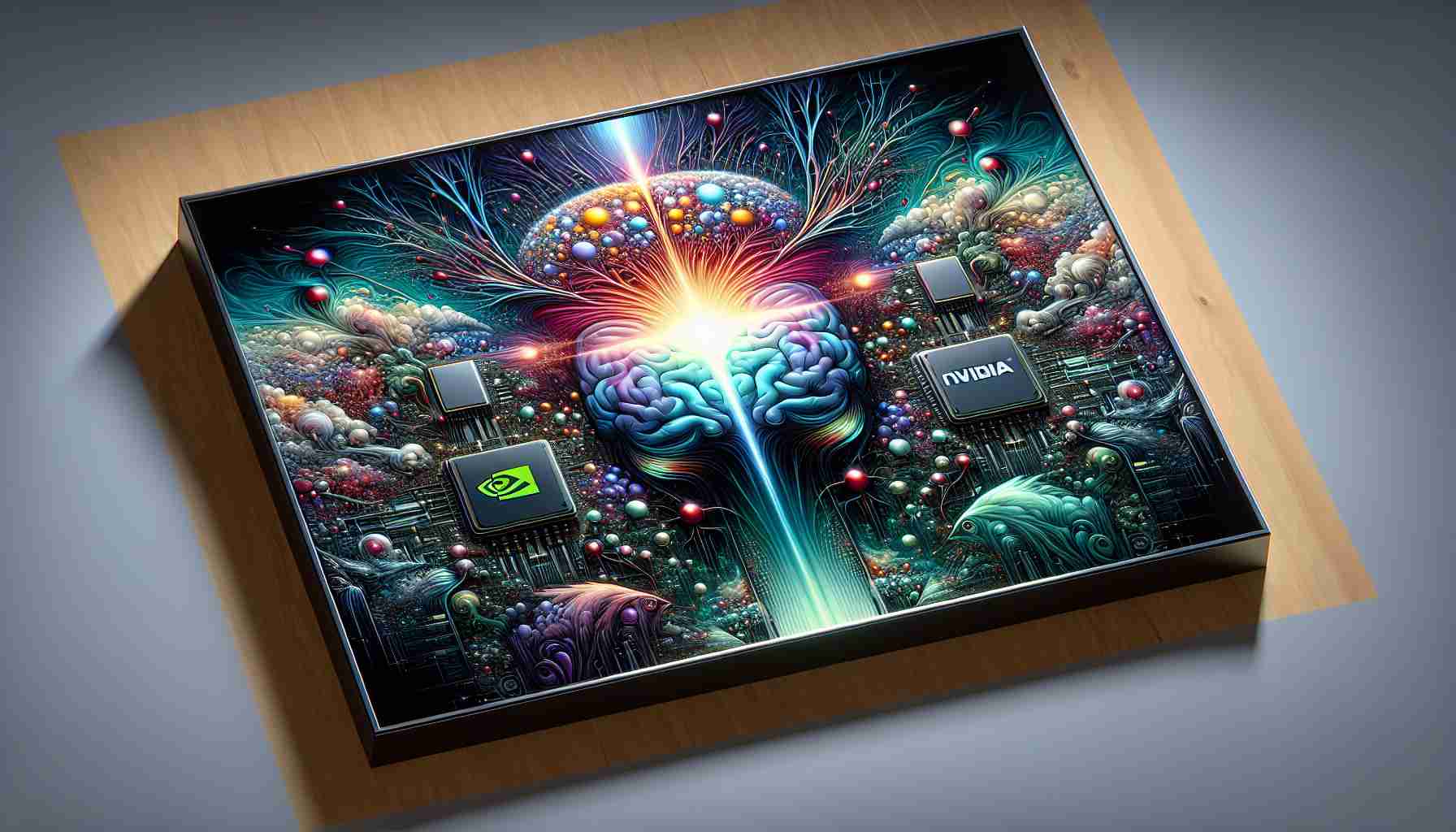In the ever-evolving landscape of gaming technology, the next frontier is here—wizard tower defense games are undergoing a transformative innovation with the introduction of groundbreaking defense codes. These codes promise to enhance gameplay, strategy, and the entire user experience, providing a blend of magic and technology like never before.
Integration of AI-Driven Algorithms
One of the most exciting advancements is the integration of AI-driven algorithms into wizard tower defense systems. These algorithms learn and adapt to the player’s strategies, creating dynamic challenges that evolve as the game progresses. Imagine a game where the opposing magical forces adapt to your play style, forcing players to rethink their strategies continually.
Augmented Reality Spells
The future of wizard tower defenses also involves augmented reality spells. These AR spells allow players to cast magic in their real-world environment, providing an immersive experience that bridges the gap between reality and the digital world. Players can use their surroundings strategically to defend their towers and engage with the game differently.
Blockchain-Based Upgrades
The unique aspect of the new wizard defense system is the implementation of blockchain technology. Gamers can earn, trade, and upgrade their magical defenses with unique NFTs, ensuring their wizard towers are one-of-a-kind. This fusion of technology ensures that no two gaming experiences are alike.
The future of wizard tower defense is not merely about casting spells and fending off mythical foes—it’s about creating an interactive, adaptive, and personalized gameplay experience. As these technologies become more widespread, we may soon see traditional gaming boundaries vanish, ushering in an era of limitless possibilities.
The Unseen Magic: Unraveling the Social Impact of Wizard-Powered Games
In a world where wizard tower defense games are mesmerizing players with innovation, the ripple effects extend far beyond the screens. A closer look reveals fascinating implications for societal dynamics, digital economies, and even educational paradigms.
Community Building through Esports
As wizard tower defense games advance, they are carving a niche in the esports landscape. This trend is fostering global communities, rapidly dissolving geographical barriers. Countries like South Korea and Sweden have witnessed burgeoning esports leagues, promoting cultural exchange and shared experiences among youth. Could this be a bridge to a more interconnected world?
Economic Boosts via NFTs
With blockchain-enabled NFTs enhancing in-game experiences, a new digital economy is thriving. Players are not just consumers but also investors in virtual assets. This has sparked controversies—while some laud Forbes for new revenue streams, critics question the environmental impact of blockchain transactions. Are we ready to weigh digital innovation against ecological costs?
Educational Horizons with AR
Augmented reality features are creeping into educational frameworks, using game mechanics to teach subjects like physics and history interactively. However, the challenge remains: can a gaming experience strike a balance between entertainment and education? Critics argue that games risk prioritizing engagement over substantive learning.
Privacy Concerns in Adaptive AI
AI-driven personalizations promise tailored gameplay but at what cost? There’s growing unease about data privacy as AI constantly collects and learns from user behavior. Ensuring transparency and equitability will be crucial as companies like The Verge dive deeper into AI innovation.
The gaming revolution is universe-bending—enhancing global ties, redefining economies, and reshaping educational tools. Yet it also brings with it weighty ethical, economic, and environmental questions that society must navigate.





















